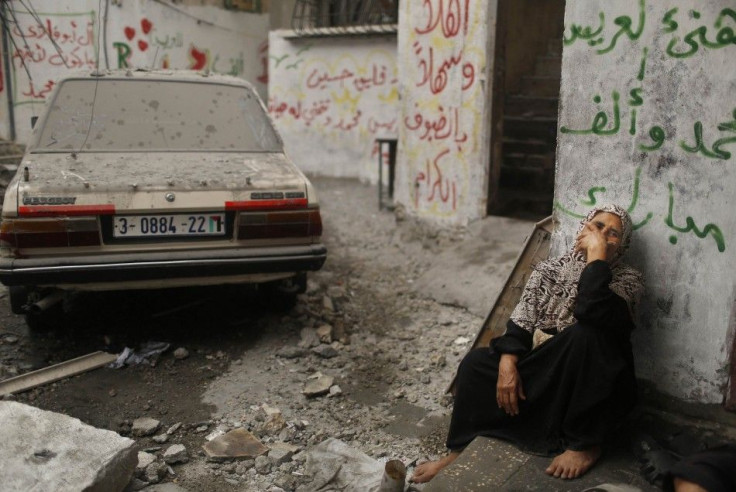Gaza Truce: Israel Wants Hamas 'Weakened' with No Rewards as Egypt Talks Continue

As negotiators from Israel and Palestine accepted a 72-hour ceasefire proposed by Egypt on August 10, mediators were uncertain of the outcome after renewed negotiations. The ceasefire in Gaza started one minute after midnight on August 11. According to reports, both parties had agreed to resume negotiations in Egypt toward a more long-lasting solution.
In the past, several "agreements" of ceasefires have prematurely ended after renewed fighting In Gaza. Reports said it was completely clear if both Israel and Palestine have moved closer to an understanding on hotly contested issues.
Palestinian negotiators have stayed in Egypt after the previous ceasefire had expired last August 8. When that ended, Hamas had immediately fired its rockets into Israel. The IDF resumed its airstrikes in retaliation.
The latest round of fighting killed at least seven Palestines on August 10 as more rockets in Gaza were fired into the southern part of Israel. One rocket had landed in the waters near Tel Aviv. The military wing of Hamas had claimed they were responsible for the attacks. Israeli forces said the rockets did not harm or cause any injury.
According to an unnamed Israeli official, Israeli negotiators will be returning to Cairo on August 11 if the agreed truce would last overnight. However, they warned they will not be open to negotiations if fighting resumes.
In a statement, the Egyptian Foreign Ministry said the new ceasefire will hopefully allow humanitarian aid to be delivered in peace to Gaza. It will also be an opportunity to repair damaged infrastructures and continue negotiations for a lasting truce.
Earlier, Palestinian negotiators had become frustrated by Egyptian mediators and the Israeli negotiations on allowing a ceasefire at the expense of a longer-term solution to end Gaza's isolation.
Hamas demanded a "complete lifting" of a blockade of Gaza so people and goods can move freely through its borders. The organisation has also expressed its desire to build a seaport and reconstruct Gaza's airport.
On the other side of the negotiating table, Israel wants Hamas "weakened" and not given any obvious reward. Israeli minister Tzipi Livni said the truce should be about providing the people of Gaza economic and social needs without making Hamas stronger. He told reporters in Jerusalem that any long-lasting solution to Gaza should be based on Israel's security concerns.
Meanwhile, Palestinian delegation leader Azzam al-Ahmad said the Israelis should not "waste time" during the ceasefire since Hamas has made the same demands and wants Israel to honour them.





















